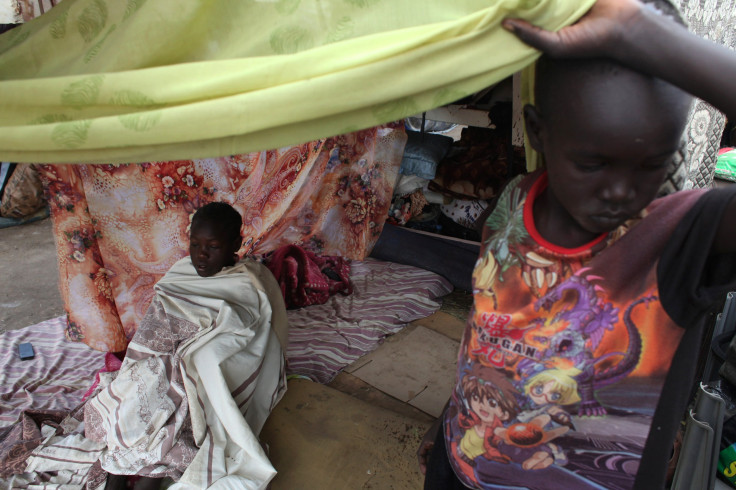Is Measles West Africa’s Next Big Outbreak? 100,000 New Cases Possible In Wake Of Ebola Epidemic, Health Experts Warn

Measles could be the next big outbreak in West Africa following the devastating Ebola epidemic, which left many of the region’s health care systems in shambles, opening up the door for diseases like measles to spread. The ongoing Ebola crisis has prevented health care workers from immunizing children across Guinea, Liberia and Sierra Leone against measles and other vaccine-preventable diseases and could result in an additional 100,000 new cases of the virus over the next 18 months, according to new research published Thursday in the journal Science.
"Measles is not the only health threat that has been made worse by the Ebola crisis, and may not even be the most dire, but it is one we can do something about," Johns Hopkins University epidemiologist Justin Lessler, who led the study, told the Associated Press. Lessler noted that when a country’s health care infrastructure becomes fractured, measles is one of the first diseases to gain a foothold, in part because of how contagious the virus is and how easily it can be passed from one person to another. The region hit by Ebola has already seen several smaller measles outbreak, according to the AP.
Measles is one of the leading causes of death among children, despite there being a life-saving vaccine, the World Health Organization reports. There were more than 145,000 deaths worldwide from measles in 2013, or about 400 every day, according to the WHO. At the same time, immunization rates around the world have risen sharply over the past decade. In 2013, about 84 percent of children received at least one dose of the measles vaccine, a 73 percent jump from 2000.
Last year’s deadly Ebola outbreak claimed some 10,000 lives across Guinea, Liberia and Sierra Leone, and infected thousands more. While the epidemic has been largely contained, health experts fear that the strain it put on the region’s fragile health systems could take months or even years to ease. Researchers estimate there could be as many as 20,000 new measles infections for every month West Africa’s health care systems remain degraded.
© Copyright IBTimes 2024. All rights reserved.






















